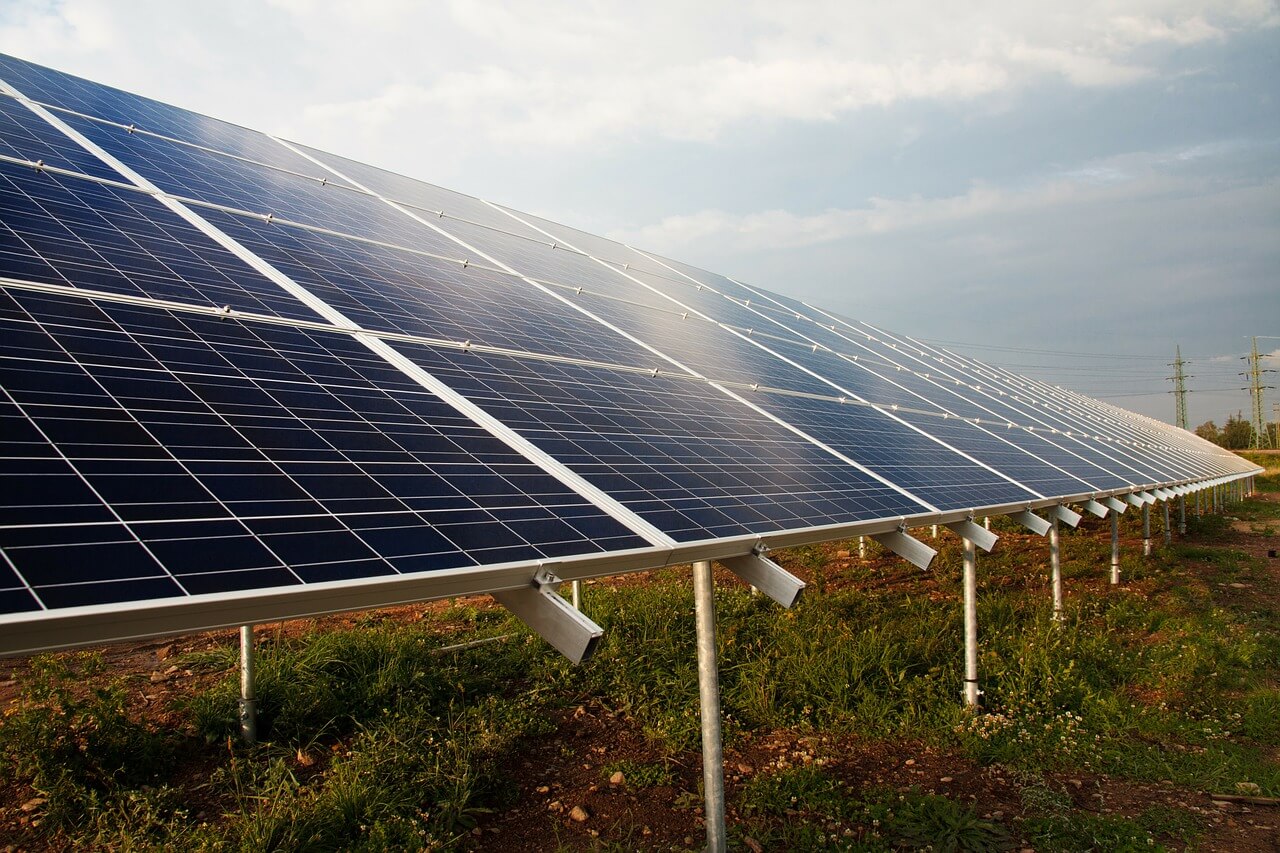A blockchain-based platform in Nigeria is hoping to bring affordable solar power to citizens in the country and others in Sub-Saharan Africa who are living without electricity.
Those with access to electricity probably cannot imagine a life without it. However, a lack of power is a harsh reality for 41% of Nigerians. In low-income households, electricity can be expensive and setting up more cost-effective options, like solar power, will initially require funds that these citizens simply do not have access to. OneWattSolar wants to solve this problem with the help of blockchain technology.
Nigeria to See the Blockchain Light
According to CNN, the Lagos-based platform hopes to light up the lives of those without electricity by having them pay for solar power with cryptocurrency, which would be in the form of ERC-20 tokens. The actual infrastructure for the solar power systems would be paid for by investors. The platform’s vice president of operations and blockchain strategy, Victor Alagbe, explained how he thought of the concept, saying:
I did some writing on Tesla and so I thought it is sunny most of the time here, especially in the northern parts where it is quite arid. So why don’t we use this to power our own electricity… many Nigerians cannot really afford to set up their own solar systems. They can’t afford the start up cost so most people would rather go for generators which is not economical when you think of maintenance costs.
Alagbe also touched on why blockchain is the perfect technology for this initiative, stating:
It provides transparency, you can see the utilization of funds, how many systems we have purchased and how many are being used.
Compared to the costs of maintaining a generator, which is how some residents get their power, as well as the cost of traditional electricity, Alagbe says that this new “blockchain system is 50% cheaper than diesel.”
Transparency and Inclusion
Blockchain’s transparency will also be used to show customers just what their consumption is for that month. In addition to solar panels, each system will also have an internet-enabled router that will collect usage data which will be used in the initiative’s pay-as-you-use pricing model. Alagbe explained that “this will ensure that customers are billed for exactly what they use.”
Alagbe added that there are already 6,400 homes on the waiting list, with the project scheduled to launch in January next year with 1,000 systems. However, the platform hopes to be powering one million homes by 2025, not only in Nigeria but also throughout Sub-Saharan Africa as well.
While perhaps not promoting financial inclusion in this case, blockchain technology does seem to be paving the way to opening up a whole new world to people living without power. A world where the flick of a switch could illuminate not only their homes but their lives as well by opening up new opportunities and a better quality of life.
Do you think that this could be the future of energy in developing countries? Let us know in the comments below!
Images courtesy of Pixabay.
